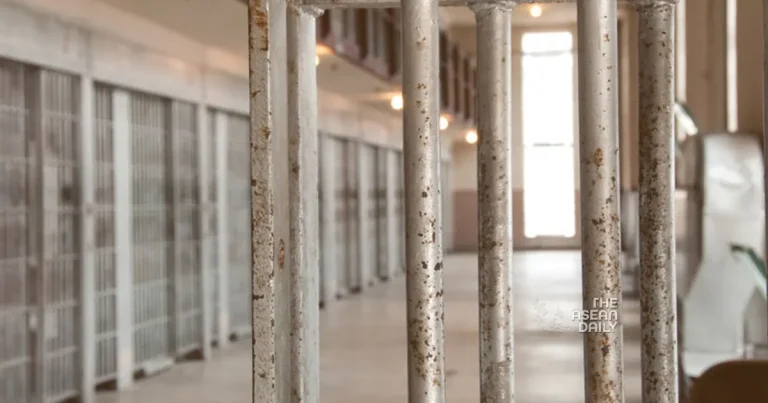6-2-2024 (SINGAPORE) Singapore enacted a new law on Monday (Feb 5) that permits the indefinite detention of “dangerous offenders,” even after they serve their prison sentences.
The legislation targets individuals aged 21 and above convicted of serious crimes like culpable homicide, rape, and sexual offences involving minors, who are assessed to pose a risk of reoffending upon release.
During a parliamentary address, Law and Home Affairs Minister K. Shanmugam emphasised the necessity of keeping offenders who pose a genuine threat to society behind bars. He cited a disturbing case involving a man convicted of raping his six-year-old stepdaughter, only to commit further sexual assaults on his niece in 2015 and her younger sister in 2017 after his release.
“We have to deal with these kinds of menace and protect our society,” stated Shanmugam.
Under the new law, dangerous offenders will no longer be automatically released upon completing their prison terms. Instead, the home affairs minister will decide their release eligibility based on recommendations from a review board comprising retired judges, legal experts, psychiatrists, and psychologists. Offenders, along with their legal representatives, will have the opportunity to present their case to the board. Those deemed unfit for release will undergo annual case reviews.
Singapore anticipates that this law will impact fewer than 30 offenders annually.
Similar legislation exists in the United States, where 20 states, the District of Columbia, and the federal government have laws for sex offenders deemed likely to reoffend.
Despite broad support for the law in Singapore, including from opposition parties, some voices have urged caution. Sylvia Lim, an opposition lawmaker from the Workers’ Party, expressed concerns about accurately predicting future violence and the risk of “over-detaining someone based on a wrong prediction of dangerousness.” Lim suggested that judges already have the authority to order consecutive sentences, which could keep offenders incarcerated for much of their lives, as a preferable alternative to executive determination of release.
Human Rights Watch, a non-governmental organisation, opposes continued detention laws, arguing that they violate due process rights.




